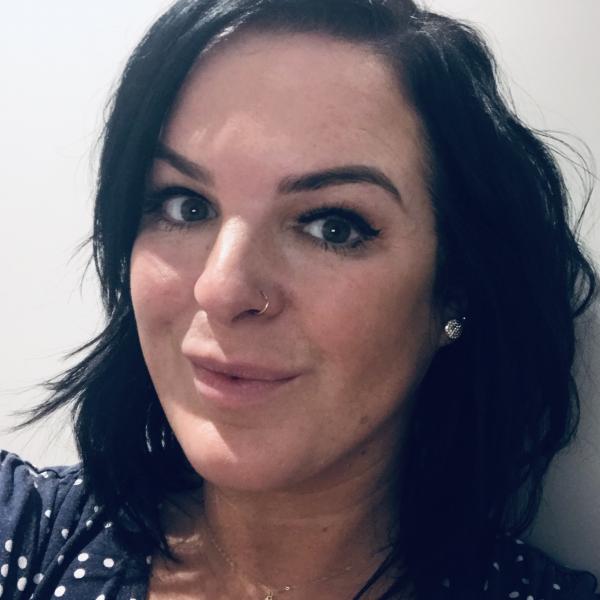Digiware: Knowledge Exchange in Education and Internet of Things
This research follows legacy co-production research that empowers individuals who may not normally have a voice, be heard.

We mapped the global use of Internet of Things (IoT) in education and in terms of applied research, IoT appears to be used to provide schools with benefits such as attendance monitoring.
Principal Investigator
Funder
Higher Education Innovation Funding (HEIF), UK Research and Innovation (UKRI)
Aim
There is a clear gap concerning young people's knowledge of, and opinions on the use of IoT in their school. In our first research project young people told us that they had very little knowledge about how data about them is collected, where it goes, who can see it and how it is used.
They would love technology to make lessons more interactive (augmented reality) and lunch times more efficient (robot dinner staff and delivery drones), but that did not want their privacy, human rights or relationships with adults negatively impacted. They told us that they valued learning about their school and having a voice.
The need for a broader conversation on this topic is clear. We would like to continue to develop the above collaboration and extend the co-production work with three additional schools in diverse communities (an inner-city London school, a large school in Leeds and a rural school in South Yorkshire), in order to refine our co-production methods, increase our knowledge exchange activities and produce an electronic teaching resource for independent use in secondary schools.
The resource would be co-designed with the young people and schools using iterative rounds of user testing.


